

Pages in this Folder:

Related Folders:
See also Department Site Map
Support Provided by

Toronto Parks and Trees Foundation
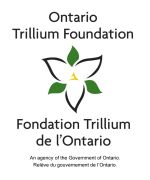
This website has received support from celos.ca through the Trillium foundation.
Publications
Comments?
For the basics, see
- Website & Privacy Policies
- How To Get Involved
- The Role of the Park
Search options:
Department Site Map
Related sections:
- Working With The City A synopsis
- Breastfeeding and Human Rights, 2005
- Budget Crisis 2004
- The Inspector Crisis, 2003
Custodians:
posted October 17, 2005
A Student Asks Us About The Portuguese
Hi
I am a part time University student writing a paper on the food security issues in Little Portugal. I wondered if you would be so kind as to answer, to the best of your ability, a short questionnaire. The hypothesis that I am investigating is:
Statistically speaking Little Portugal has a higher incidence of single parent households, unattached individuals, is home to many first generation immigrants, who earn less income, have less education and less mastery over English. Based on this information I predict that the major food security issues facing Little Portugal will be those of affordability, nutrition and cultural appropriateness. I will test this by interviewing alternative and emergency food providers, schools, community centers and community groups and local governmental programs.
Tell me about your program...
- What are the services Friends of Dufferin Park provides?
- How do you advertise?
- Who uses emergency/ alternative measures?
- Why do people have to use emergency/ alternative measure food supplies?
- What are your short term and long term goals for your clients?
- Is Friends of Dufferin Park effective?
How does Friends of Dufferin Park empower community members with?
- Access to affordable food sources
- Nutritional savvy
- Clarity and comprehension of labels
- Understanding of Canadian food guide
Many thanks,
R.S.
Dear Ruth,
I think if you check into this a little, you will find that, counter to sociological assumptions, the Portuguese in Toronto have fewer hungry people than other groups. I believe the Board of Education sponsored a major study about this about ten years ago, which you might want to track down. (I cannot give you the title, I don't remember). I think the reason was that Portuguese people tend to help each other out a lot, so education does not predict whether they'll have incomes -- they tend to help each other find work, and they tend to work hard and manage to keep it together. They may not have high incomes but they have food to eat.
I am not aware of any area around here that's called "Little Portugal." There is an enormous mix of nationalities in this part of the city. There may also be a misunderstanding about who WE are: if you look at our web site, you'll see we are a park. So we don't have clients, that I could tell you about. As for food emergencies, if someone in the park doesn't have food, we try to give them some, and we also try to help them out with shelter etc. if they want that. But people don't usually come to a park thinking they're coming to an agency. So we don't get those sorts of requests very often. The homeless people who come here often do have food, or if they are in a world of their own, they may not want what we offer them. You may want to read that section on our web site: The Park And The Homeless
I hope this helps. I think it might be good, before you go too far with your hypothesis, to investigate your assumptions a little more.
Best wishes,
Jutta Mason


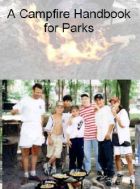
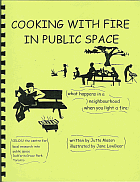
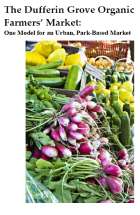
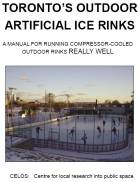
 Printer friendly version
Printer friendly version